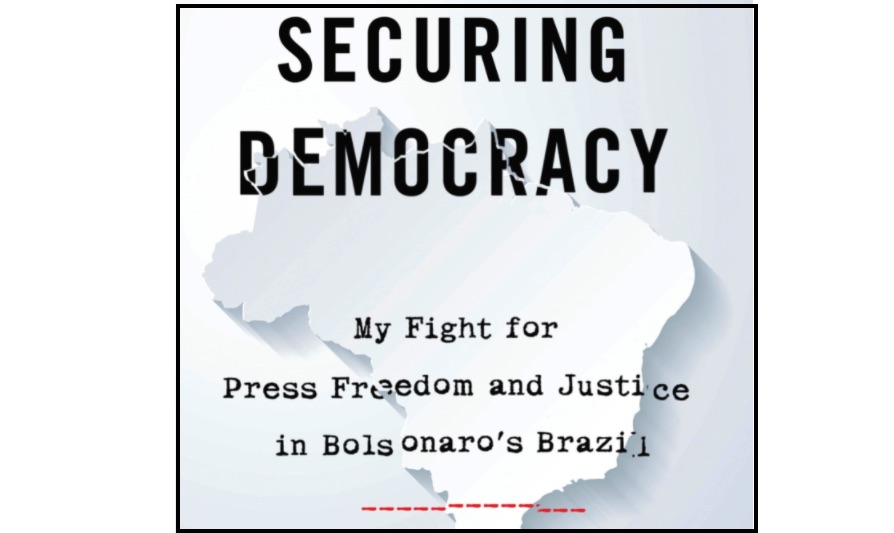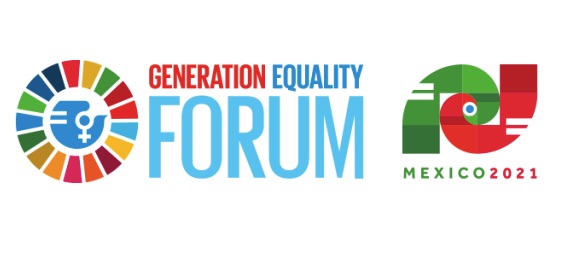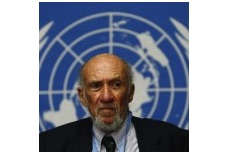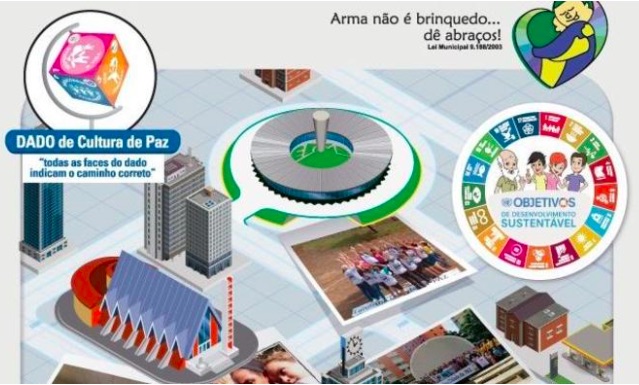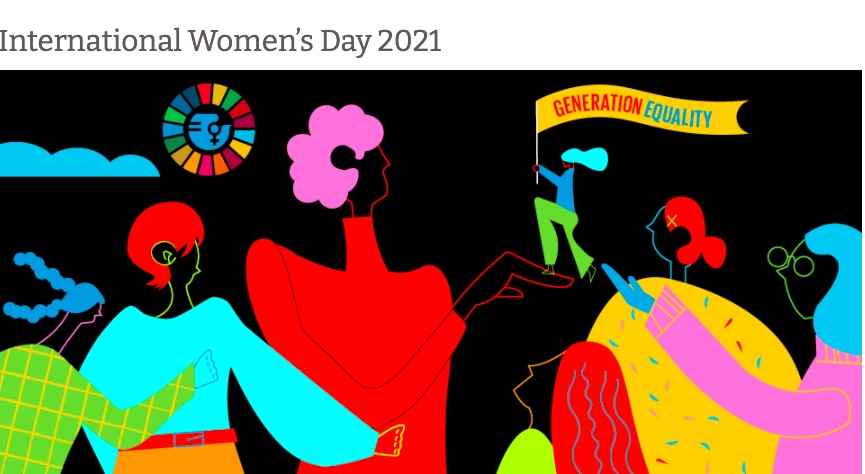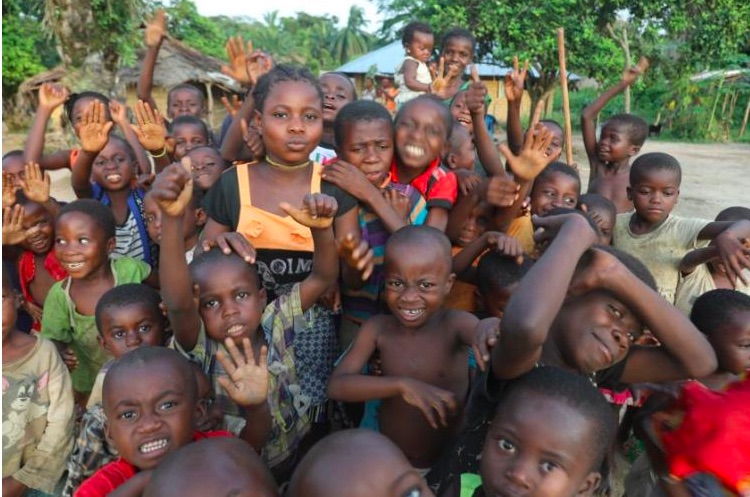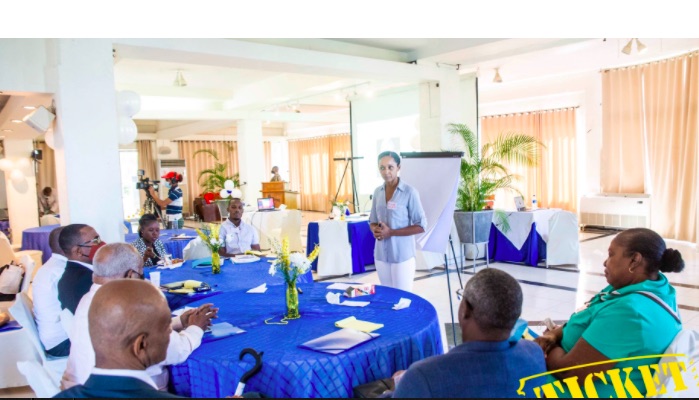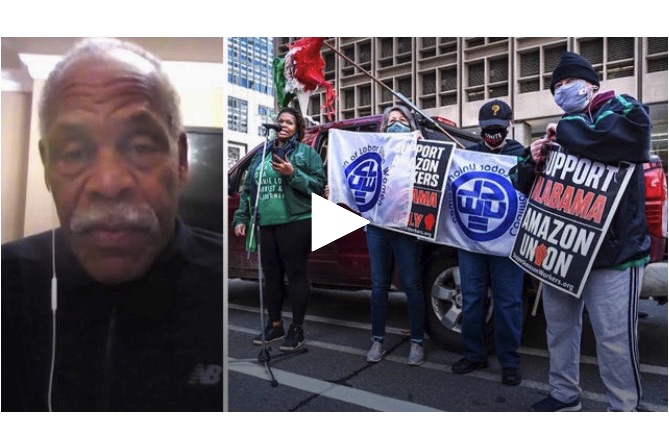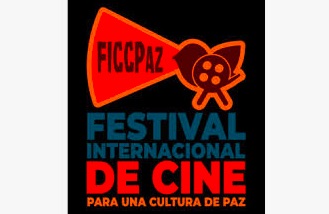For almost a decade now, CPNN has been following the Biennale of Luanda as it strives to make Africa the first continent to adopt everywhere a culture of peace.
The process began in 2013 with the Pan-African Forum “Sources and Resources for a Culture of Peace ” held in Luanda, Angola. It was extended in by the 2nd international conference on the culture of peace in Africa , December 2016 in Luanda.
The process was formalized to occur every two years as the Biennale of Luanda, and the first Biennale was held in September 2019.
Last month, the process culminated in the Second Biennale of Luanda held from November 27 to December 2 as a hybrid programme of in-person and on-line events.
The representative of UNESCO who led this process from the beginning, Enzo Fazzino, was honored in a videoconference, as he retired after this year’s event. The account on the UNESCO website is entitled, Une étoile s’ajoute parmi les grands sages de l’UNESCO (A star is added to list of the great wise men of UNESCO).
This year’s Biennale gathered high-level participants from governments, international institutions, the private sector, the artistic and scientific communities, and many more. It was organized as an intergenerational dialogue involving young people from all the countries of the African Union, as well the diaspora.
In the end, 118 young people were selected from 49 African countries and 14 countries of the Diaspora to take part in the Biennale, of whom 10 came in person to Luanda and the others participated virtually. The youth made a number of commitments, including to “Strengthen the capacity of Pan-African youth to promote the culture of peace, identify and support youth initiatives and best practices that work towards the sustainable implementation, individually and collectively, of the concepts of the culture of peace.”
The event included a rich selection of films and shows for culture of peace in Africa. Links to videos of 20 are provided on CPNN, coming from Cape Verde, Congo, Ghana, Morocco, Namibia, Rwanda, Senegal and Zimbabwe, as well as the Diaspora in Argentina, Brazil, Cuba, Germany, Haiti, Portugal and Sweden.
The Biennale was opened by the President of Angola, João Lourenço, He recognized the involvement of the African Diaspora, “Many of Africa’s children have been leaving the continent in inhumane conditions and at the risk of their own lives in fleeing conflict zones or looking for a job and better living conditions. Regardless of their age, academic or professional background, they are all important and needed for the development of our continent. We always have the expectation that one day they will voluntarily return with the desire to contribute towards leveraging progress and development in all sectors of African national life.
Speaking as the President of the African Union, Félix Tshisekedi, assured their continued support and paid tribute to the role of youth, ““Excellencies, Ladies and Gentlemen, in the words of the illustrious Agostinho Neto Kilamba, President and Poet, champion of the liberation of man and human brotherhood, ‘poet of sacred hopes’, we should ‘look at Africa with the eyes of the future’,”
And in her speech, UNESCO Directrice-General Audrey Azoulay said “UNESCO will continue to give its full support to this pan-African initiative, so that it is sustainable, in cooperation with the African Union and the Government of Angola. The culture of peace and non-violence is a long relay race ; it takes s a united team, generation after generation, to be victorious.”
The Biennale will be re-convened in two years, again organized by the African Union, Angola and UNESCO. In the meantime, it is up to the youth to keep the flame going.
|
FREE FLOW OF INFORMATION |
TOLERANCE & SOLIDARITY |
WOMEN’S EQUALITY |
DEMOCRATIC PARTICIPATION
|
|
SUSTAINABLE DEVELOPMENT |
DISARMAMENT & SECURITY |
HUMAN RIGHTS |
EDUCATION FOR PEACE |

































































